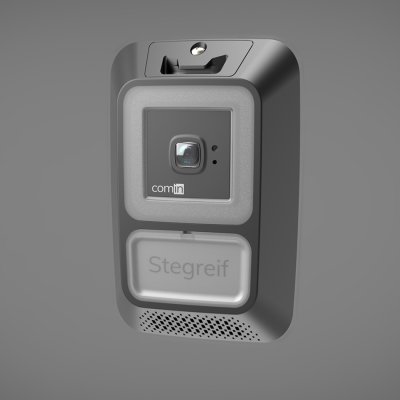Ridenow
Prof. Dr. Martina Fineder
Prof. Gert Trauernicht
Winter 21/22
Master
The availability of efficient and affordable electric mobility in the bicycle sector opens up completely new possibilities in the design of mobility concepts for cities like Wuppertal, which have a vivid topography. The RIDENOW mobility concept sees the e-bike as an integral part of a transport concept for Wuppertal's future. In this context, the bicycle is not only thought of as a supplement or leisure-oriented mobility element, as has been the case along the Nordbahntrasse or the Sambatrasse, but also and especially as a connecting link between the valley axis and the heights.
RIDENOW is designed as a closed system that seamlessly integrates bicycle traffic into the transport planning of the city of Wuppertal as part of an overall multimodal concept. To achieve this, this concept integrates both the needs of everyday commuting flows from the valley to the heights or from the heights to the heights, as well as the more touristically interesting service of destinations for weekend trips. The concept thus combines two lifeworlds—commuting and tourism—through the use of one infrastructure. The core of the concept, in addition to the graphic designation of "cycle paths", is the integration of different stationary and mobile bicycle hubs along highly frequented traffic routes into a state-of-the-art user-centred digital infrastructure.
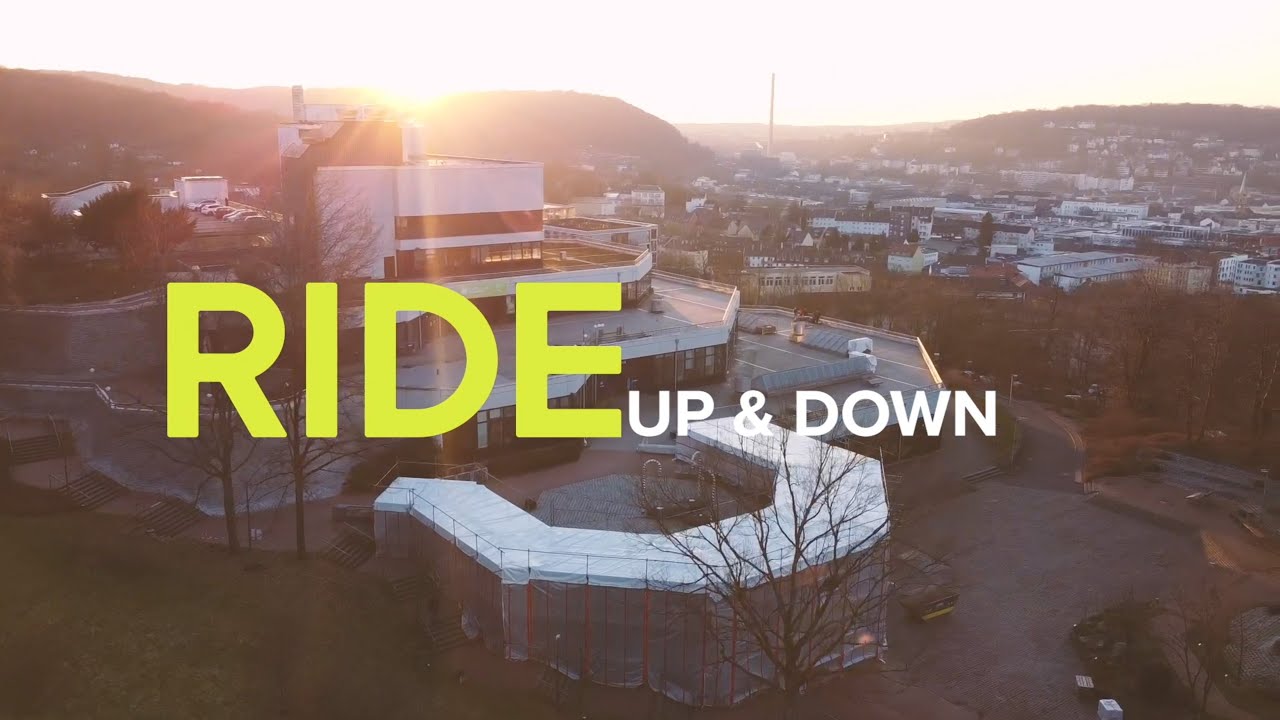
We respect your privacy!
Click the button to activate the video. Then a connection to YouTube is established.
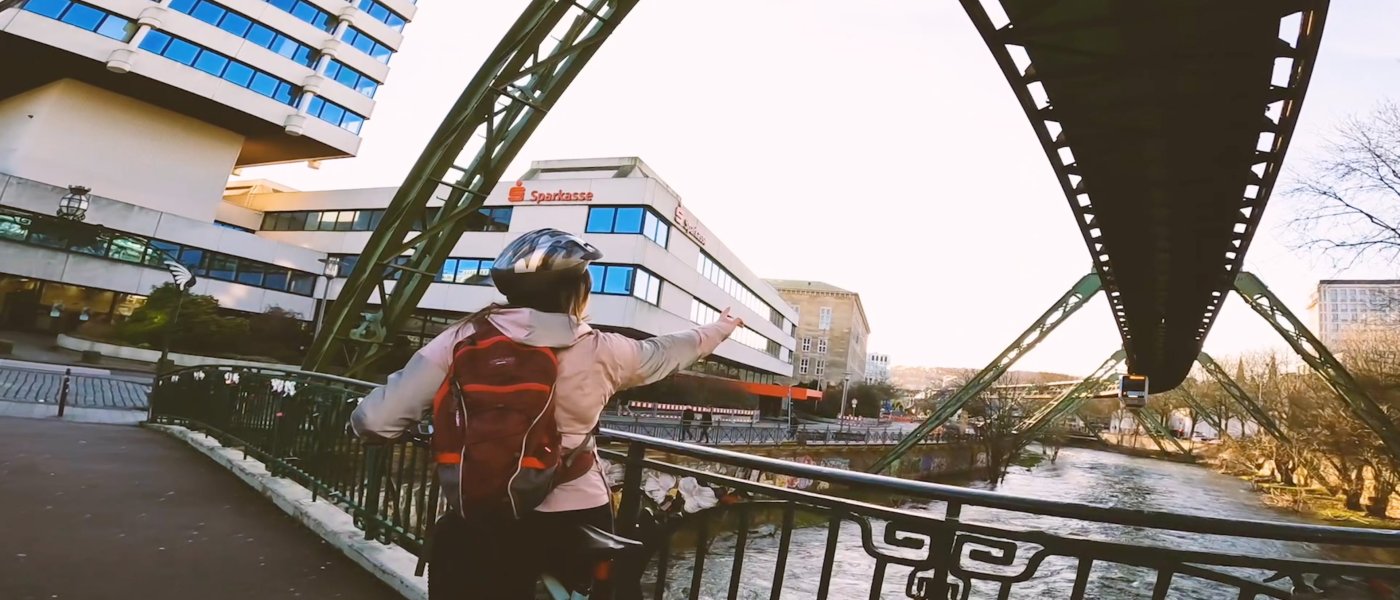
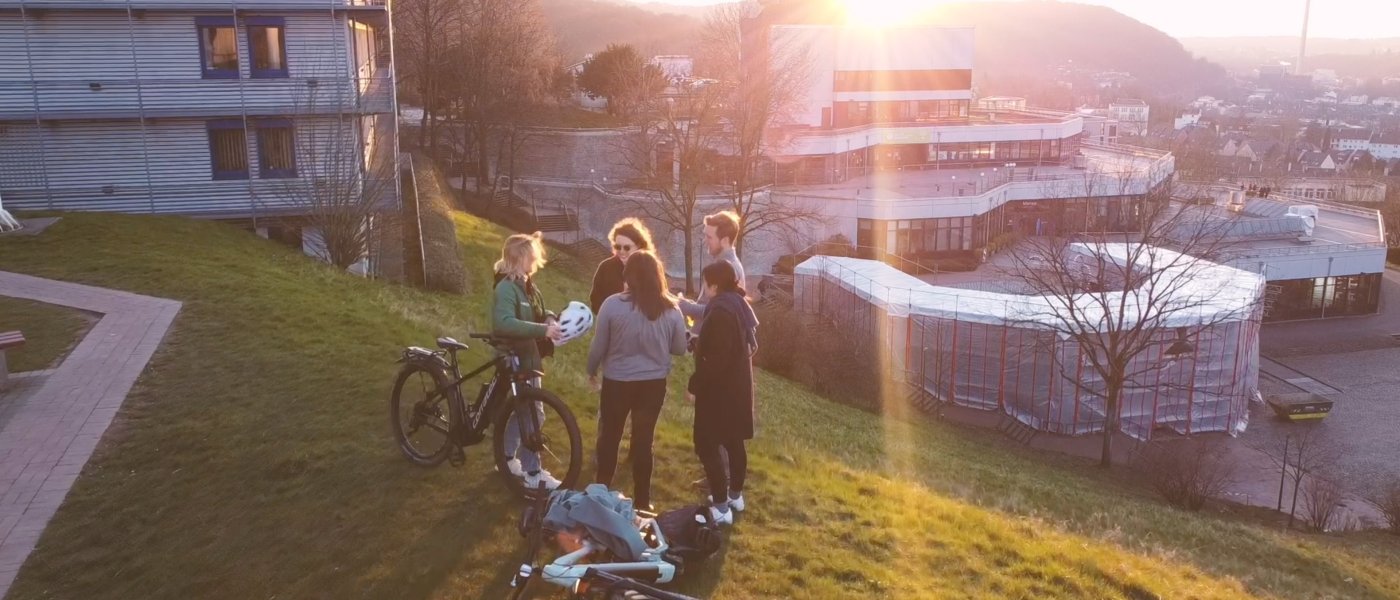
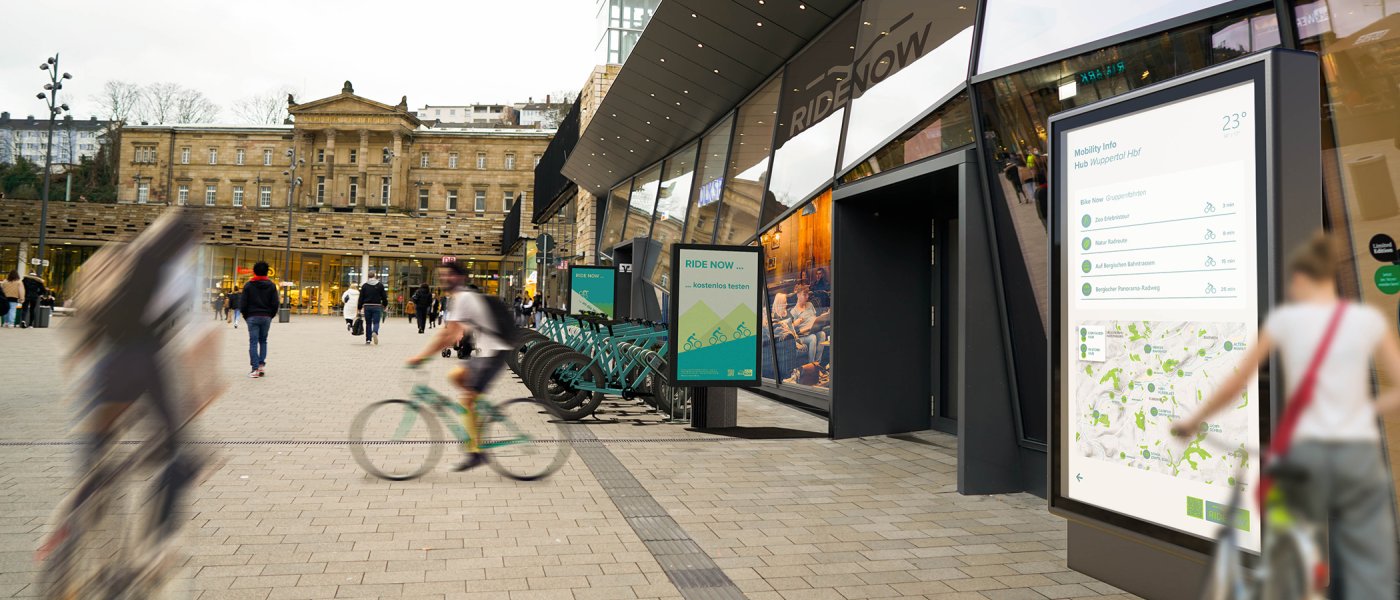
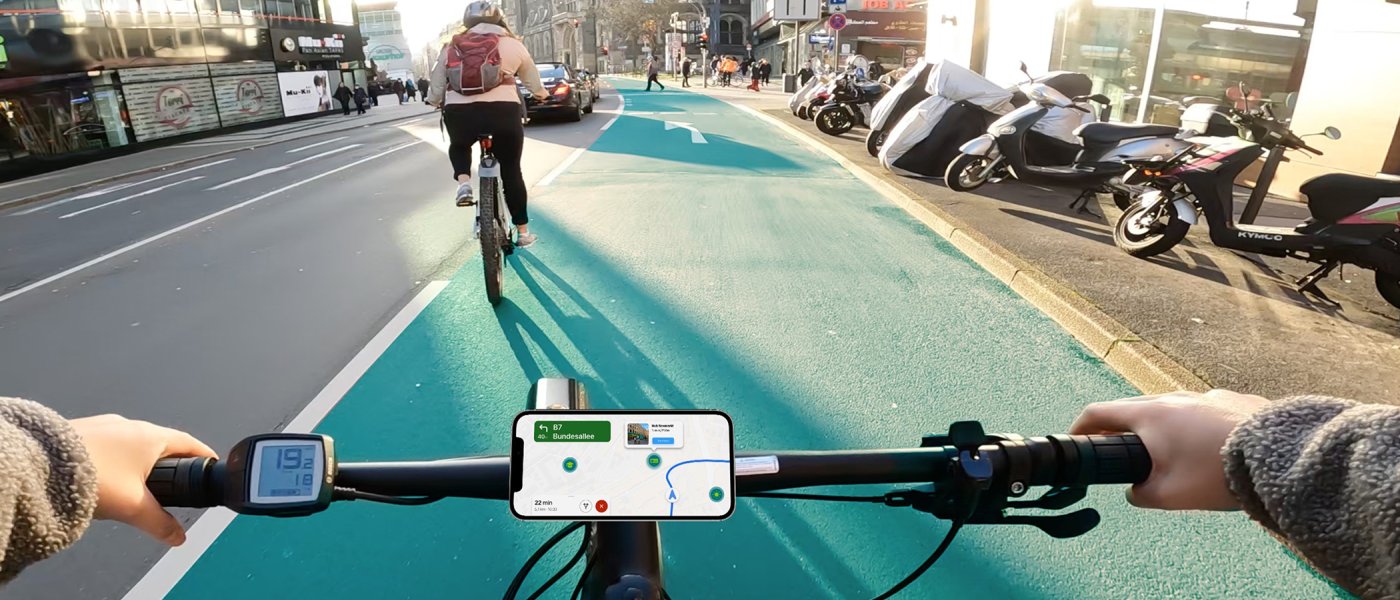
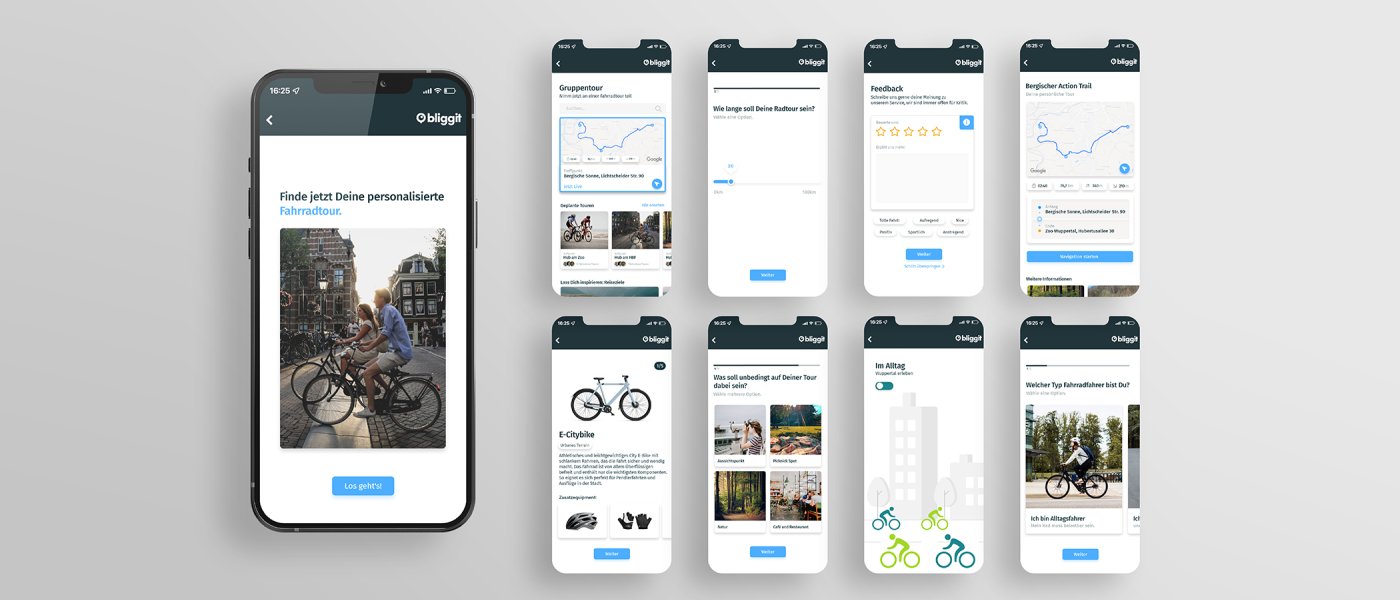
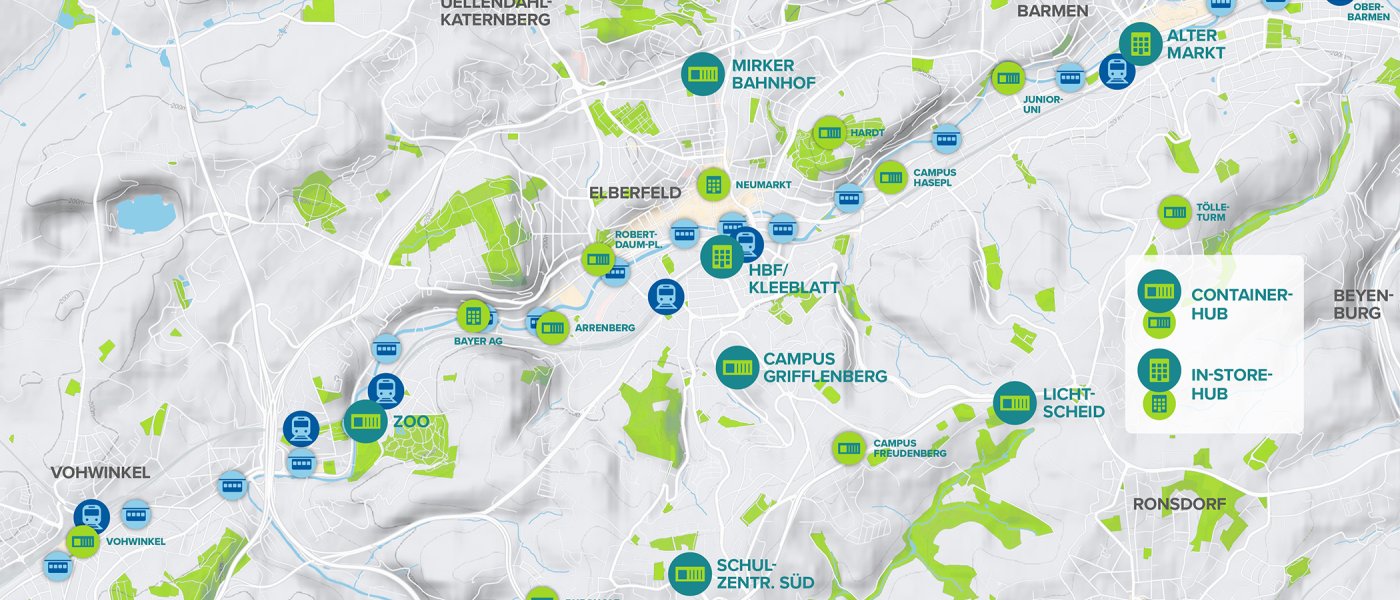
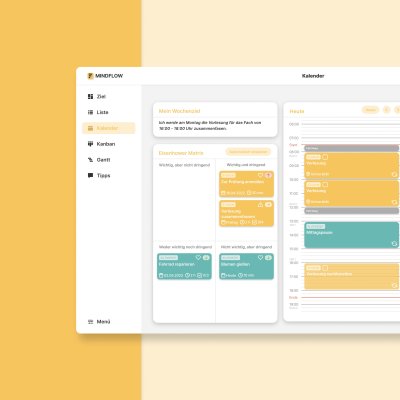
MINDFLOW
Tim Schüring
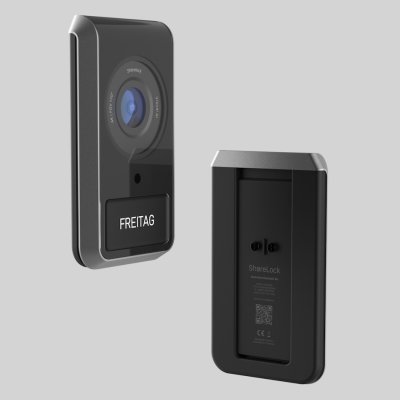
Detective Doorbell 4K
Christian Stratmann
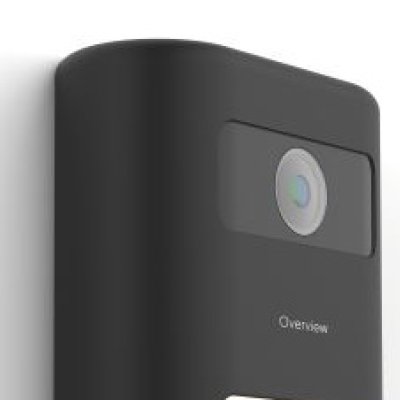
Overview
Enya Tuchenhagen
